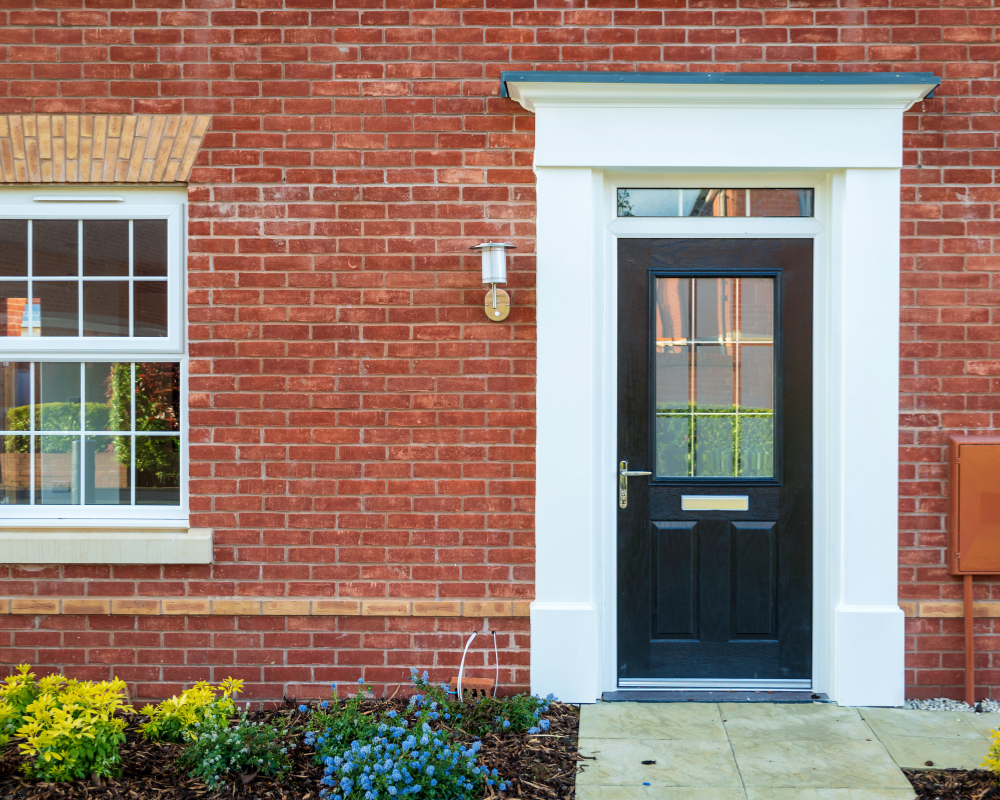Residential Mortgages
A residential mortgage is a loan used to buy a property or to borrow money against the value of a property you already own. A lender, usually a bank or building society, loans you a sum of money over a set period, known as the mortgage term.

Why Get A Residential Mortgage?
Choosing a mortgage that suits your needs can be challenging in today’s mortgage market. It’s easy to make mistakes when there are hundreds of lenders and thousands of products to pick from. Choosing the right mortgage product is crucial since it will likely be one of your largest financial commitments. Our expert guidance ensures you navigate the mortgage market with confidence, whether you’re buying your first home, dream home, or remortgaging.

Homeownership
The most obvious benefit is that you can purchase a home. In terms of personal financial stability and growth, homeownership is often seen as a major milestone.
Building Equity
You own more of your property outright with each mortgage payment unless you choose an interest-only mortgage. In the future, equity can serve as a valuable financial source, for example, if you decide to sell or remortgage.
Predictable Payments
Rental payments can fluctuate, but fixed-rate mortgages offer predictable payments. Long-term budgeting and financial planning are made easier with this stability. There are also variable-rate products available, but payments can fluctuate, unlike fixed-rate products.
Customisation And Control
If you own your home, you can modify it to suit your tastes and needs without the approval of a landlord. Owning your home also eliminates the worry that your landlord will terminate your lease.
Testimonials
Frequently Asked Questions

Lenders calculate how much you can borrow in different ways, and there is no set rule. A variety of factors influence your borrowing ability, including the price of the property you want to purchase, the size of the deposit you have, and your income and expenditure.
You will need a minimum of 5% deposit. In general, the higher the deposit, the lower the interest rate.
Loan to value ratios refer to how much you borrow relative to the value of your property. As an example, if you have a £250,000 mortgage on a £500,000 house, your loan to value ratio is 50%.
This will vary depending on the loan amount, the term of the mortgage, and the interest rate.
If you choose to repay your mortgage before the product term ends, you will usually have to pay an Early Repayment Charge, which is typically a percentage of the loan. Many mortgages allow you to port your mortgage to a new property without paying an early repayment charge if you decide to move while still in your mortgage deal.
Ready to take the next step?
Our team of experts is ready to guide you through the entire mortgage process. If you have any questions about our services or would like to make an enquiry, please get in touch with us today for a no-obligation chat.
